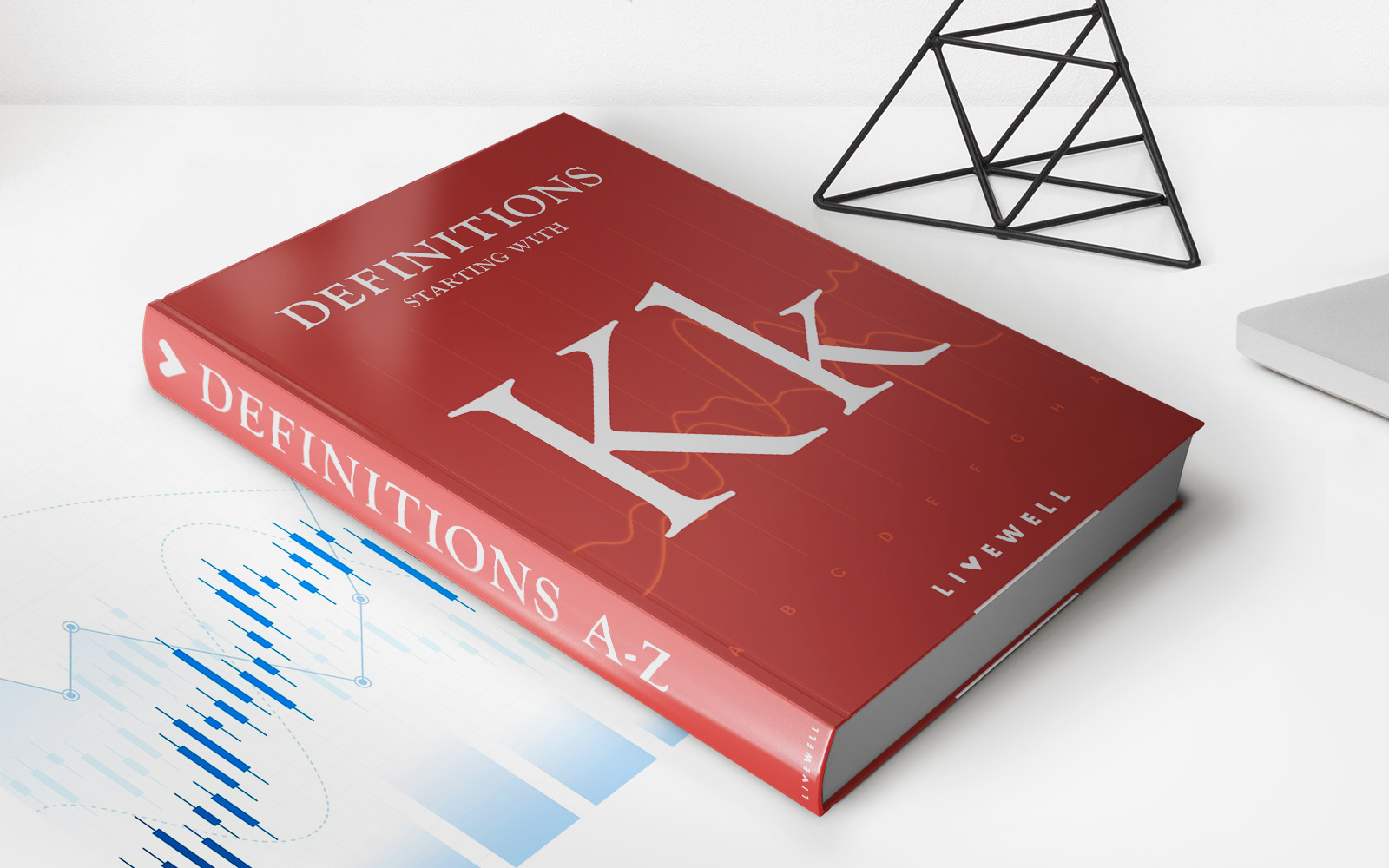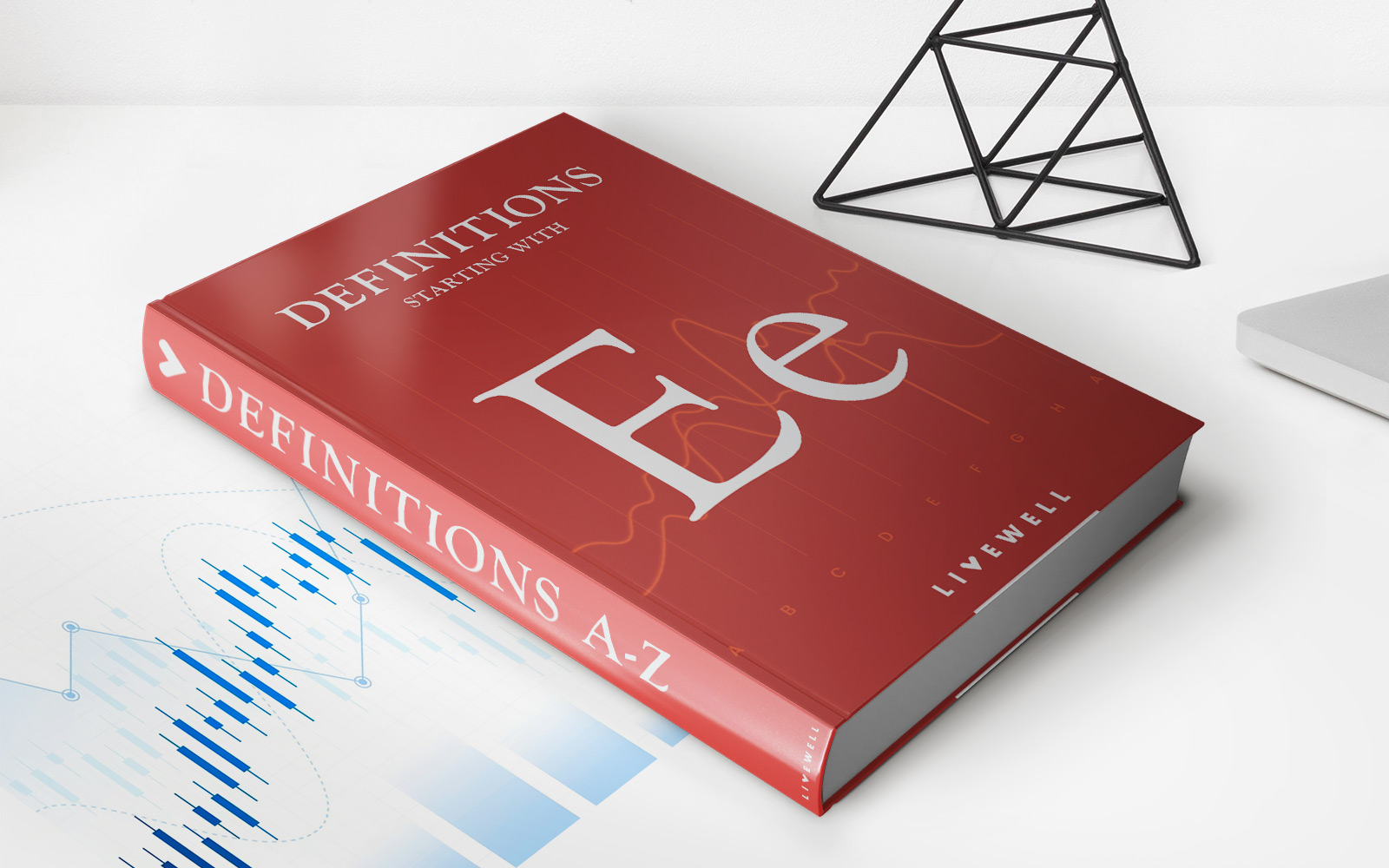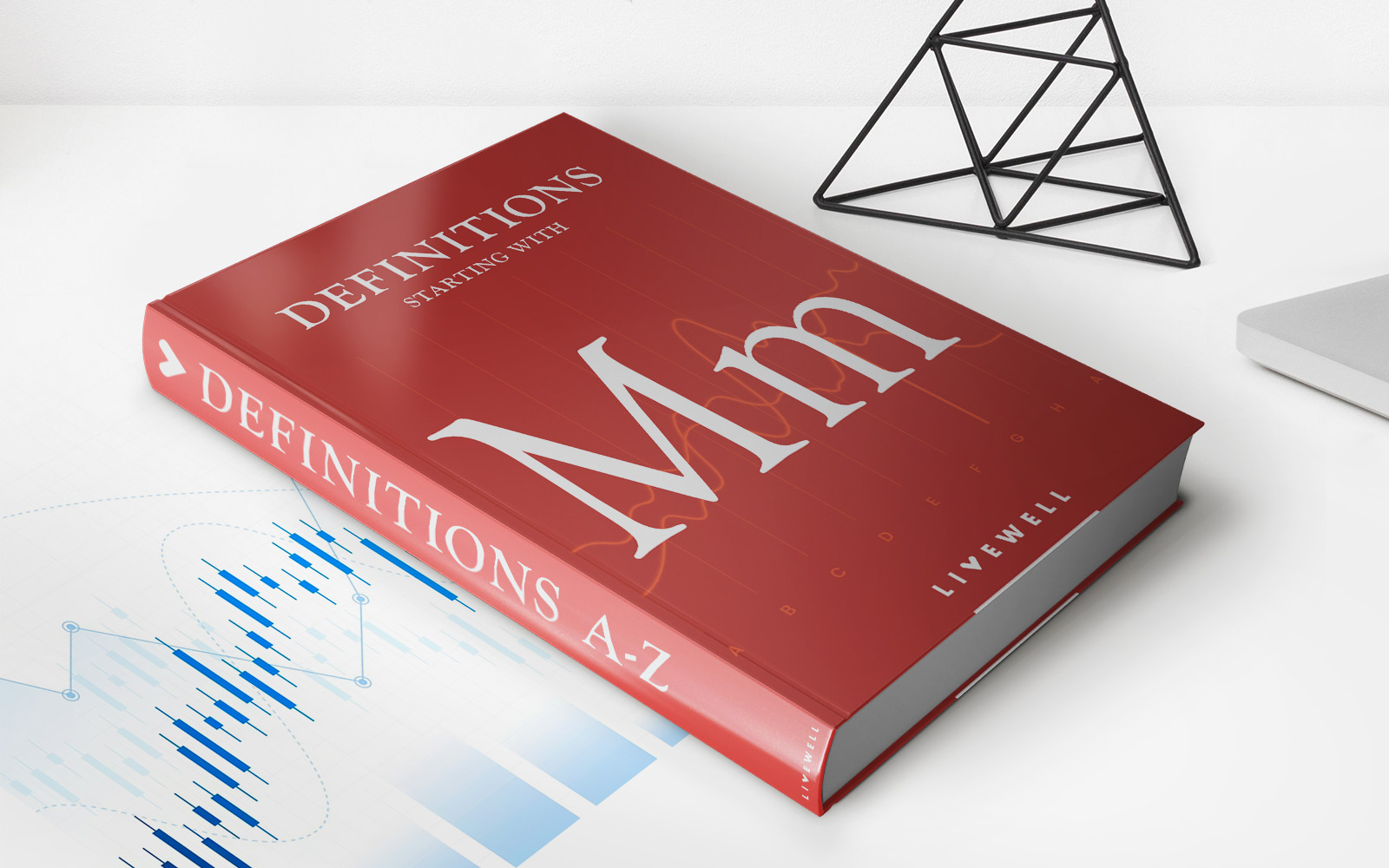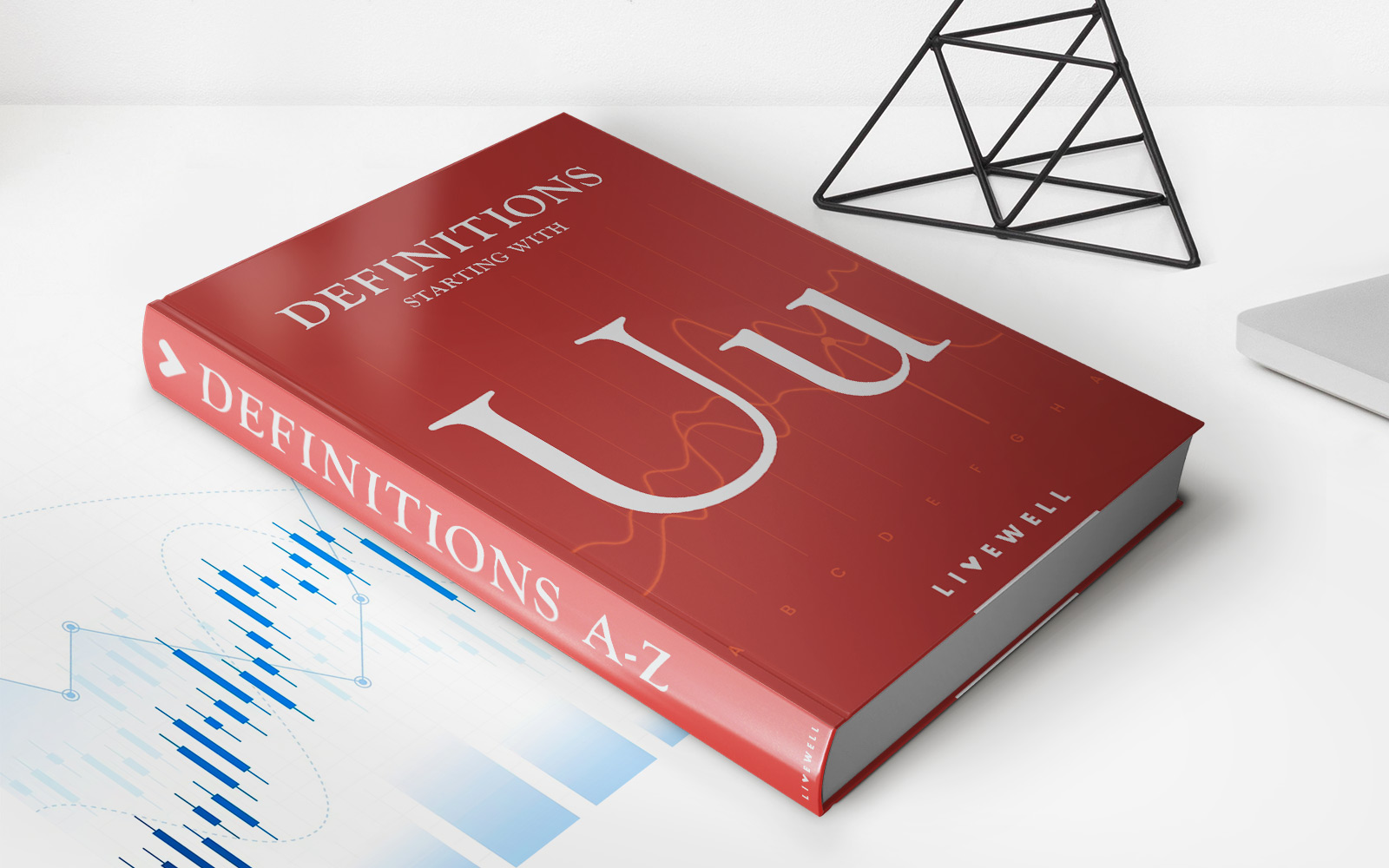Home>Finance>Real Estate Owned (REO) Definition, Advantages, And Disadvantages
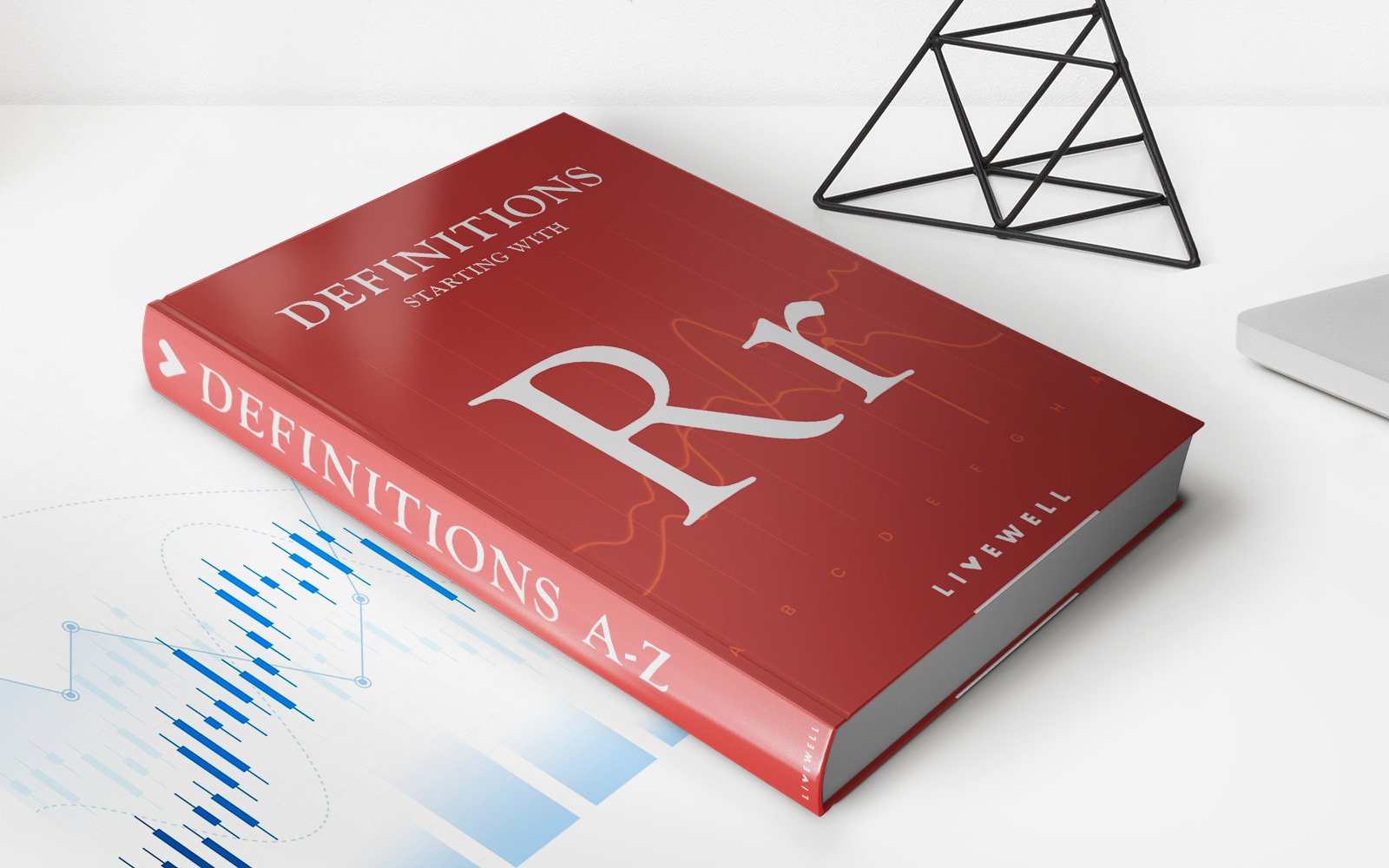

Finance
Real Estate Owned (REO) Definition, Advantages, And Disadvantages
Published: January 16, 2024
Discover the definition, advantages, and disadvantages of Real Estate Owned (REO) in finance. Explore how REOs can impact your investment strategy.
(Many of the links in this article redirect to a specific reviewed product. Your purchase of these products through affiliate links helps to generate commission for LiveWell, at no extra cost. Learn more)
Understanding Real Estate Owned (REO): Definition, Advantages, and Disadvantages
Welcome to another informative post on our Finance category! Today, we’ll be exploring a concept that is important in the real estate industry – Real Estate Owned (REO). If you’ve ever wondered what REO means and how it can impact your financial endeavors, you’re in the right place! In this blog post, we’ll define REO, discuss its advantages and disadvantages, and help you gain a better understanding of this vital aspect of real estate. So, let’s dive in and explore the world of REO!
Key Takeaways:
- Real Estate Owned (REO) refers to properties that have been foreclosed by a lender and are now in the possession of a financial institution.
- Investing in REO properties can offer advantages such as potential discounts, flexibility in negotiating terms, and the opportunity to diversify your real estate portfolio.
Definition of Real Estate Owned (REO)
Real Estate Owned (REO), also known as bank-owned properties, refers to properties that have been foreclosed by a lender due to the borrower’s failure to make mortgage payments. Once the foreclosure process is completed, and the property is not sold during a public auction, it becomes the sole property of the lender or financial institution. At this point, the property is considered REO.
Advantages of Investing in REO Properties
Investing in REO properties can offer several advantages for both individuals and investors in the real estate market. Here are a few key benefits:
- Potential Discounts: REO properties are often priced below market value to encourage a quick sale. This presents an opportunity for buyers to acquire properties at a lower price.
- Flexible Negotiation: Unlike purchasing a property from an individual seller, buying an REO property allows for negotiation with the financial institution or bank that owns the property. This flexibility can be advantageous in terms of price, repairs, or any other necessary arrangements.
- Diversification of Real Estate Portfolio: Investing in REO properties can help diversify your real estate portfolio, reducing risk by spreading investments across different properties and markets.
Disadvantages of Investing in REO Properties
While there are advantages to investing in REO properties, it’s important to consider the potential drawbacks as well. Here are a few disadvantages to keep in mind:
- Property Condition: REO properties are often sold “as-is,” meaning they may require significant repairs or renovations. Before investing, it’s crucial to conduct a thorough inspection to assess the property’s condition and factor in potential costs.
- Competition: Due to the potential for discounted prices, investing in REO properties can be highly competitive. This may result in bidding wars, making it challenging to secure a property.
- Extended Closing Process: The purchase of an REO property can involve a prolonged closing process due to the involvement of financial institutions. Delays in paperwork and negotiation can extend the time it takes to complete the transaction.
While it’s undoubtedly beneficial to weigh both the advantages and disadvantages, investing in REO properties can be a profitable venture if approached with careful consideration and due diligence.
In Conclusion
Real Estate Owned (REO) properties provide investors with unique opportunities in the real estate market. By understanding the advantages and disadvantages of investing in REO properties, you can make informed decisions and navigate your way through this aspect of the industry successfully. Remember, extensive research, proper inspections, and a solid understanding of market conditions are crucial for a successful investment journey.
Thank you for joining us in exploring REO and its significance! We hope this blog post has provided you with valuable insights. If you have any questions or would like to share your thoughts, please leave a comment below. Happy investing!
